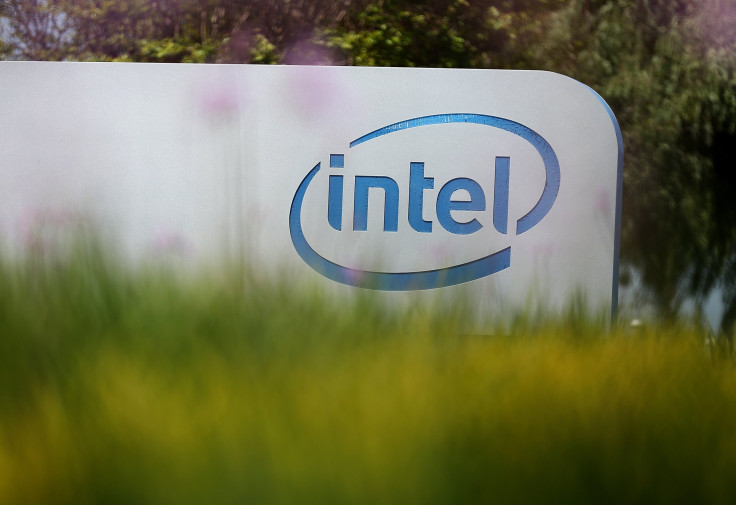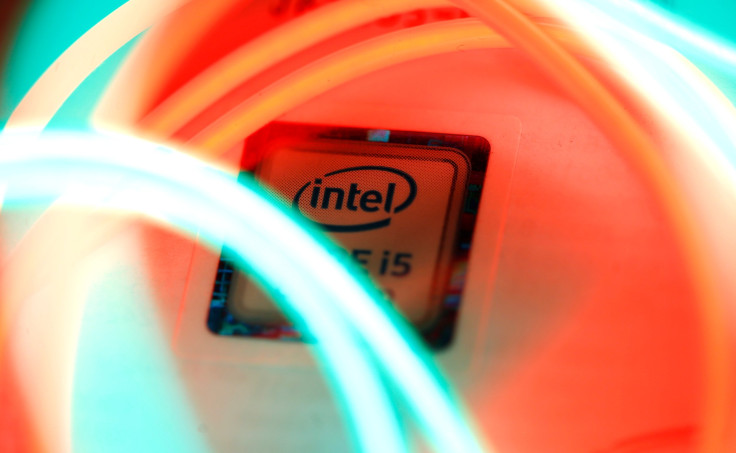20GB Of 'Confidential' Intel Documents Leaked

KEY POINTS
- An unidentified hacker claimed he breached Intel earlier this year and stole 20GB of sensitive data
- The data was then published by a Swiss software engineer who is known to publish accidentally leaked documents
- The files contained some of Intel's intellectual property of some of their chipset design, roadmaps and schematics
- Intel doesn't believe that they have been "hacked"
U.S. chipmaker Intel has reported a security breach after an “anonymous hacker” leaked 20GB of internal documents.
The files, some of which were classified as “confidential” and “restricted secret,” were uploaded online via cloud storage and file hosting service, Mega. The data, according to ZDNet, was then published by Swiss software engineer Till Kottmann, who said he received the data from the hacker who claimed to have breached Intel earlier this year.
The documents were coursed through Kottmann because of his affiliation with a “very popular Telegram channel.” The engineer is known to regularly publish data that have been accidentally leaked by tech companies through misconfigured depositories, cloud servers and online web portals.

Kottmann believes that the leak is just the first part of a “multi-part series of Intel-related leaks,” while security researchers who previously analyzed some of Intel's work said the documents were authentic, added the outlet.
The hacked data contained, among others, intellectual property of some of Intel's chipset design. Kottmann also provided a summary of the leaked files and included a bevy of Intel-related internal information such as various roadmaps, binaries for cameras Intel made for SpaceX, schematics, tools and firmware for the upcoming Tiger Lake processors, BIOS reference and initialization code for Kabylake and process simulator for Snow Ridge.
While the data may be of great importance to Intel, none of the leaked files contained sensitive information about the company's customers or employees. Engadget said Intel doesn't believe that they have been “hacked,” but they are investigating the incident.
Seems like not much @intel Inside.
— Nivedith Alva (@nivedithalva) August 7, 2020
Huge hack at Intel. https://t.co/HWdWYAi2U7
“The information appears to come from the Intel Resource and Design Center, which hosts information for use by our customers, partners and other external parties who have registered for access.
“We believe an individual with access downloaded and shared this data,” Intel said in a statement.
This, however, is in contrast to ZDNet's report after receiving a copy of the conversation between Kottmann and his “source.” The hacker allegedly claimed that he got the data from an “unsecured server hosted on the Akami CDN” and not from the Resource and Design Center as Intel had believed.
© Copyright IBTimes 2025. All rights reserved.




















